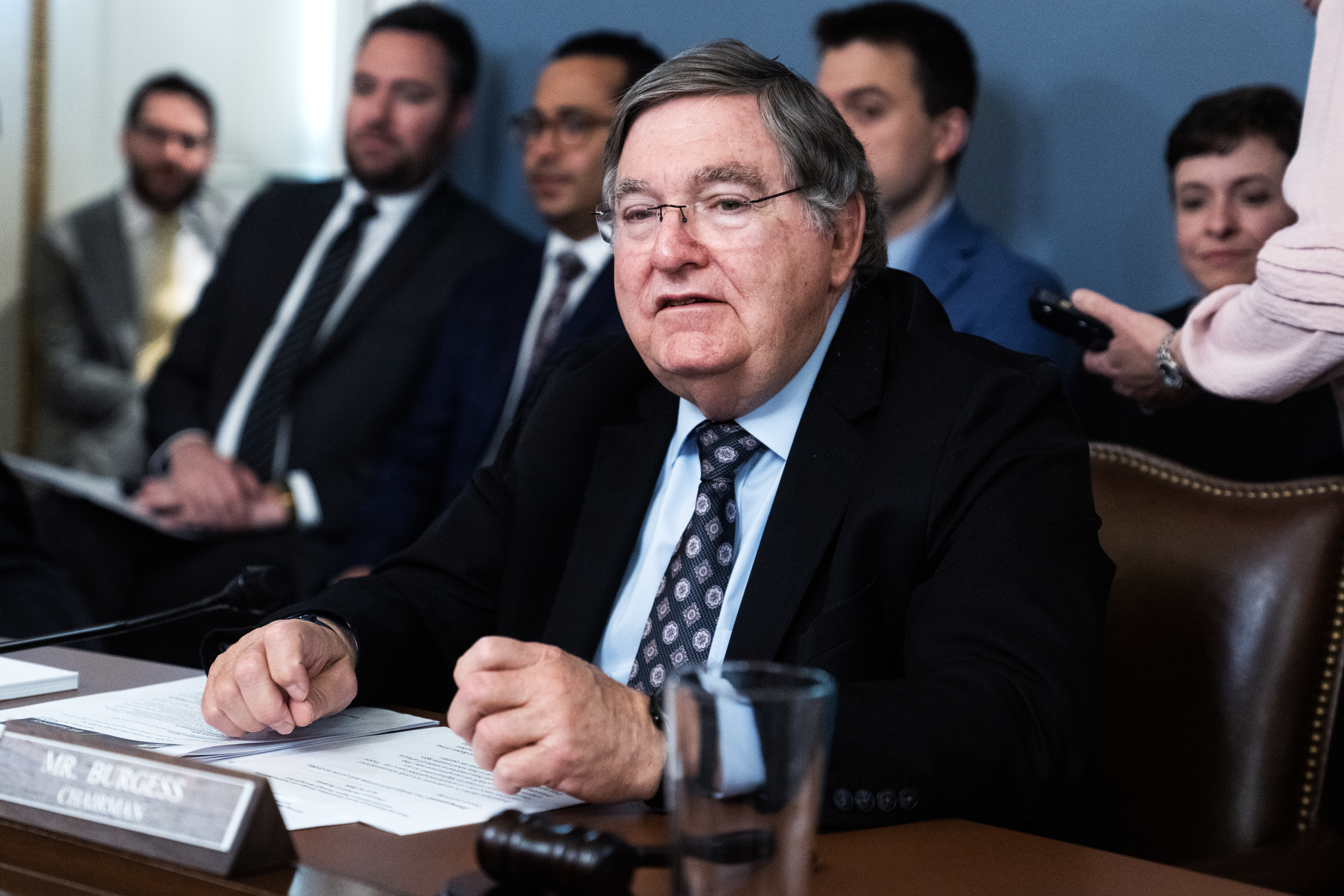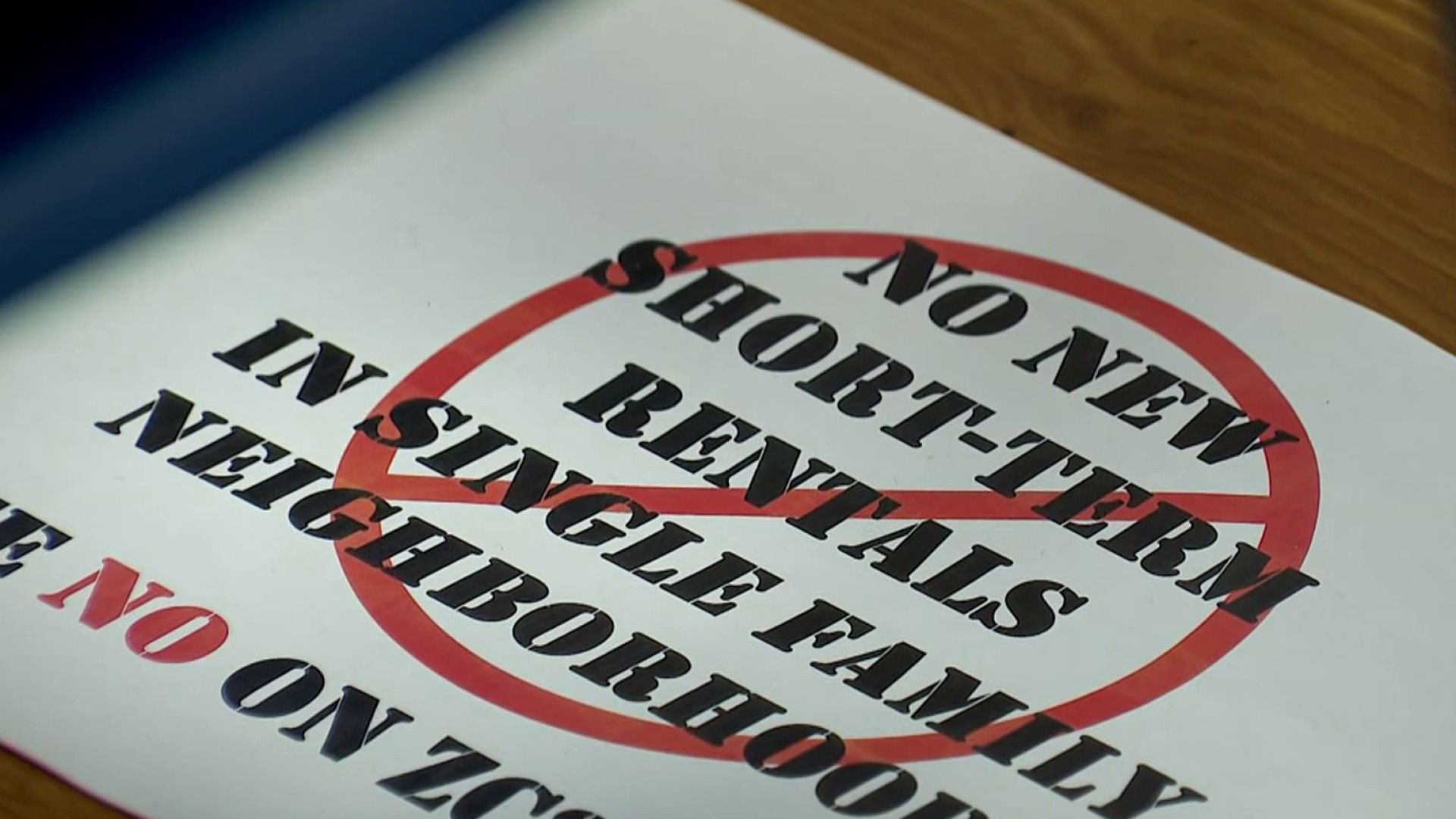You remember the Southwest Airlines battle cry? "“Wright is wrong."
For nearly a decade, Southwest and its allies rallied for the repeal of the Wright Amendment by promising non-stop flights from Love Field would be good for the consumer.
Analysts said that may be true.
And consumers could get a glimpse of just how good on Monday, October 13, when the Wright Amendment expires. Expect Southwest to make the first move and American Airlines to follow, predicted Rick Seaney, CEO and Founder of FareCompare.
"You should be ready to shop. You should be manning your computer, especially on Monday when they launch," said Seaney with a big smile. "There's going to be something."
That's the day Southwest will begin seven non-stop routes from Love to Baltimore, Chicago, Denver, Las Vegas, Orlando, Washington D.C. and Los Angeles. Then on November 2, the airline will add eight more to Atlanta, Fort Lauderdale, New York, Phoenix, San Diego, Nashville, Tampa, and Orange County, California. Those will be the routes to watch.
"On those routes you're seeing some big drops. Anywhere from 20 to 45 percent at least in the short term period while American and Southwest beat each other over the head on those non-stop routes," said Seaney.
Seaney said the reason for big price drop can be summed up in one word: Competition.
Local
The latest news from around North Texas.
Seaney analyzed airline fares over the last decade, showing fare prices with and without the Wright Amendment. He said the data proves competition, or the lack thereof, drives pricing.
"In 2004, Delta pulled out of DFW Airport as a hub. Prices shot up," Seaney explained. "Then you fast forward to 2010, and then the really big event occurred, which had nothing to do with the Wright Amendment, which was Virgin America jumping into DFW to Los Angeles and San Francisco."
Virgin charged about half of what American did, he said.
That forced American to match its price on the same routes. Now Virgin will fly from Love Field to San Francisco and LA. And in January, Southwest will begin flights to San Francisco and Oakland, forcing fierce competition to the West Coast.
"American welcomes the competition," said company spokesman, Casey Norton.
Virgin America is gearing up for the competition too, said CEO David Cush.
"In general when we go into markets fares drop by about 30 percent and what we see is significant increase in traffic because you stimulate with lower fares," Cush said. "We feel like we punch about our weight and we like competing against these guys."
"So if you're paying over $300 for your ticket on a non-stop where there's competition, you're paying too much for that ticket," Seaney said.
In fact, Seaney's analysis compared fare prices from Baltimore, LA and Washington, DC, in 2004 to now, following the end of the Wright Amendment. Fares to each city have dropped significantly.
And he expects sales to stick around for a while.
"It usually lasts about six to eight months," said Seaney.
He said in the long term fares and sales will be route by route and flight by flight.
Terry Maxon, airline reporter at the Dallas Morning News, said the longevity of airfare sales depends on how the airlines play in this competitive sandbox.
"As long as Virgin America can stay in here, and Southwest doesn't cut their schedule, and that American Airlines stays aggressive at DFW and Spirit Airlines, an ultra-low fare carrier keeps restraining fares to the markets it serves out of DFW Airport, we should continue to see better fares than say a year ago. But will it sustain? That's the big question for consumers."



